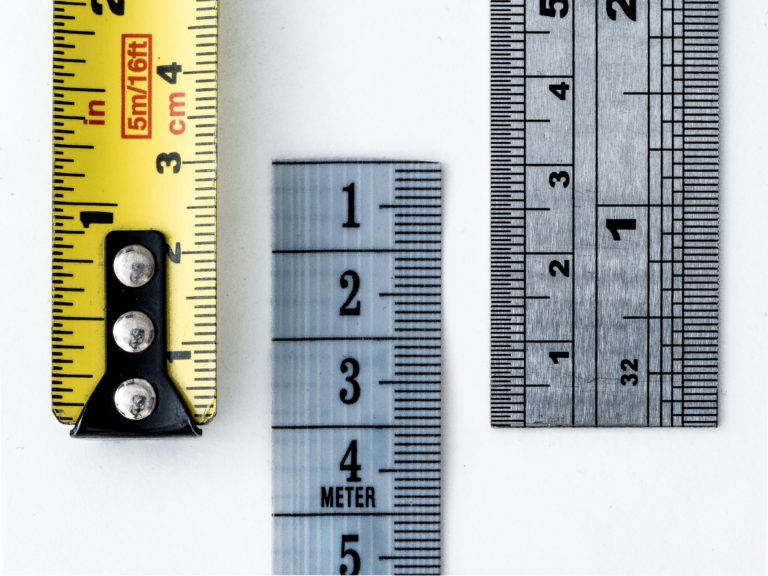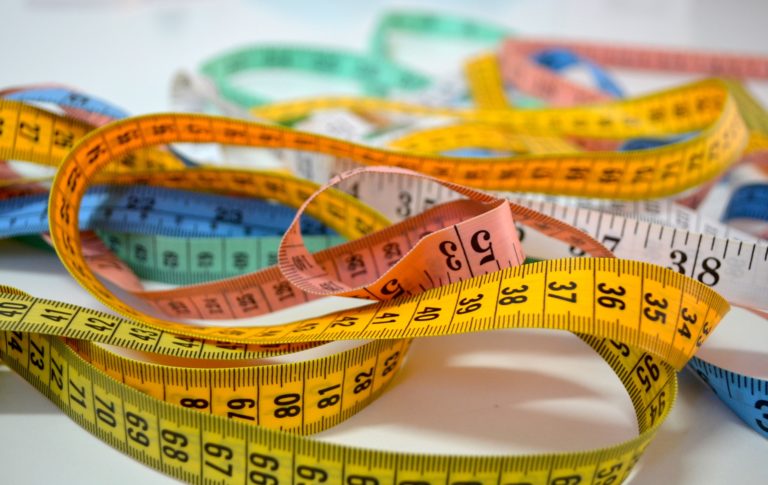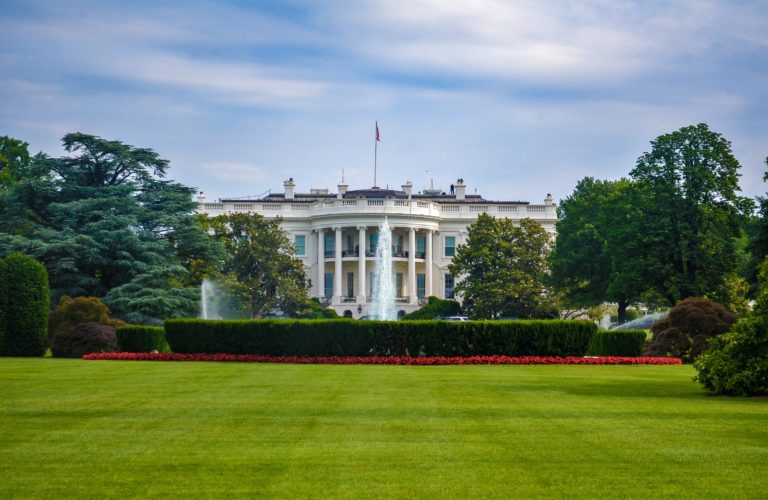Last night, Senator Michael Bennet, Senator Kirsten Gillibrand, former Secretary of Housing and Urban…
July Debate Night 2: What We Saw

Last night, Democratic primary candidates continued to contrast heavily with each other, thanks to pointed questions from the moderators. As with Night I, Night II pitted candidates against each other, and the design of the debate was one that automatically put women candidates at a disadvantage. The Barbara Lee Family Foundation has studied the obstacles and opportunities women face when running for office for the past 20 years, with a focus on executive office, and here’s what else we noticed on Night II of the July Democratic primary debate:
-
Finally, a question about “women’s issues.”
On Night I, viewers were dismayed by the lack of questions on “women’s issues,” which we know impact more than just women. Last night, moderator Dana Bash asked a question about equal pay. She asked it to one of the male candidates on the stage, but at least a question was asked. Candidates on stage also worked “women’s issues” into their answers: Senator Kamala Harris and the Hyde Amendment, Governor Jay Inslee and increasing wages in predominantly female professions, Andrew Yang and the value of women’s work in the home, and Senator Kirsten Gillibrand and the role of violence against women in immigration.
-
Personal family stories were used to illustrate credentials.
Even though women candidates get more questions than men do about their ability to balance family life with the campaign trail, using a personal family experience can be an authentic way to connect with voters. It wasn’t that long ago that women were discouraged from sharing emotional personal stories, and last night, we saw Gillibrand tell a story about being a young mother to emphasize her commitment to fixing healthcare. She also talked about giving birth while a member of Congress.
-
Showcasing qualifications continues to be important.
Research shows that it is essential for women candidates to emphasize their qualifications. Women candidates on the stage last night did this over and over again, with Congresswoman Tulsi Gabbard opening her night with, “I love our country. It’s why I enlisted after 9/11, why I’ve served as a soldier for over 16 years, deployed twice to the Middle East, and serve in Congress now for almost seven years.” Gillibrand took it one step further, emphasizing accomplishments (which is especially important) in her opening statement: “Even when Congress turned its back on them, we kept fighting. Just last week we made the 9/11 health bill permanent.”
-
Multiple women– and multiple women of color – on stage strengthens the debate and helps to change the face of leadership.
Last night was historic: it was the first time two women of color shared a presidential debate stage. There was one exchange in particular, where Harris and Gabbard were disagreeing, that was especially powerful because it illustrated why it is important to have multiple diverse voices on the debate stage. Women (and women of color) are not a monolith, and the more voices that can be elevated, the stronger the conversation will be. Who we see matters, and the split screen image of Harris and Gabbard contrasting with each other shows women and girls what they can be.






